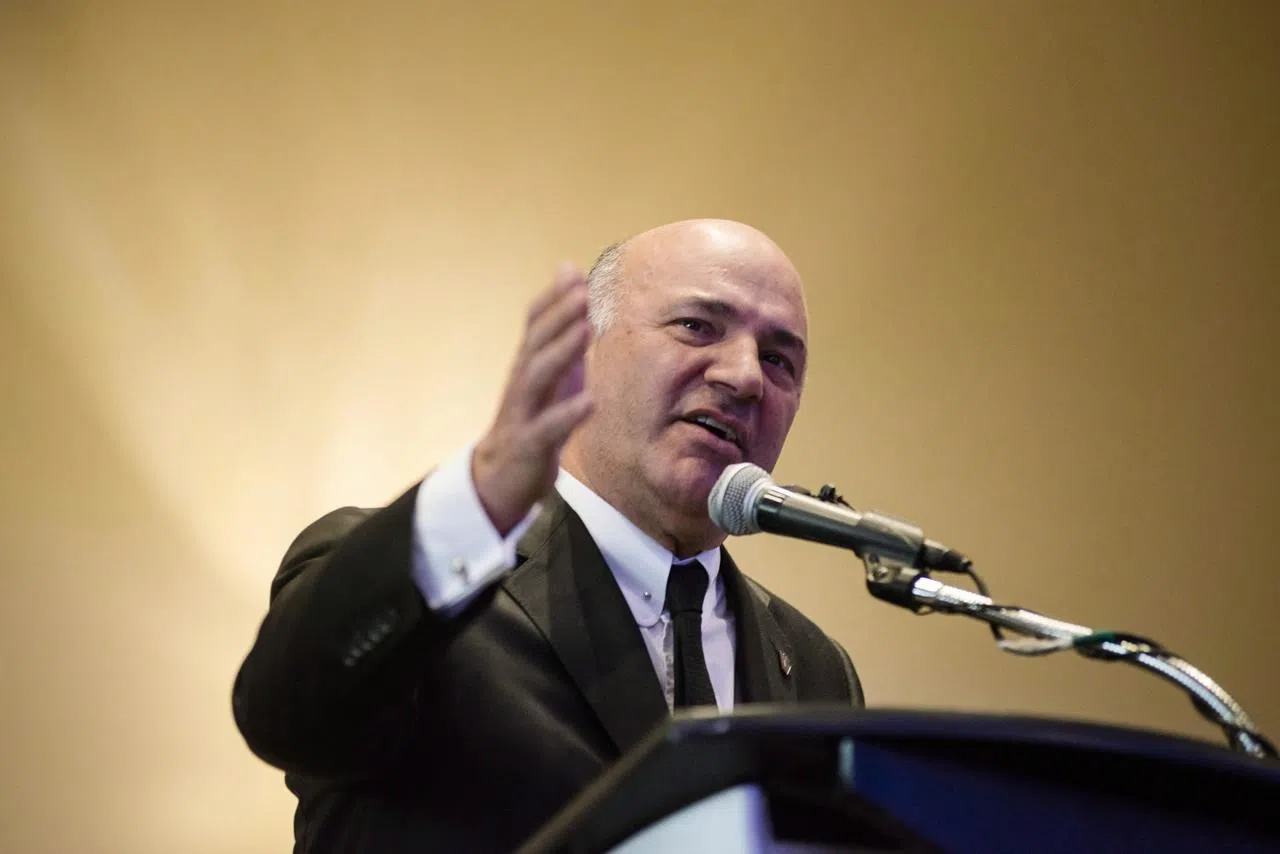
The Wednesday news briefing: An at-a-glance survey of some top stories
Highlights from the news file for Wednesday, April 26
———
KEVIN O’LEARY OUT OF CONSERVATIVE RACE: Celebrity investor and reality-TV star Kevin O’Leary is quitting the federal Conservative leadership race and throwing his support behind Quebec rival Maxime Bernier. O’Leary said despite his front-runner status nationally, he doesn’t have the kind of support in Quebec he thinks he needs, not just for the leadership but for the next general election. “This is obviously very disappointing for me. As someone who was born in Montreal, I had hoped I would do much better there,” O’Leary said in a statement Wednesday, only hours after informing his campaign team of his decision. O’Leary said he is supporting Bernier because the longtime Quebec MP’s policies mirror his own. A lack of facility with French was always considered one of O’Leary’s greatest liabilities. Prior to Wednesday, O’Leary had offered no hint that he was considering dropping out. Three hours before announcing the decision, he sent out a fundraising letter to his supporters.
———


